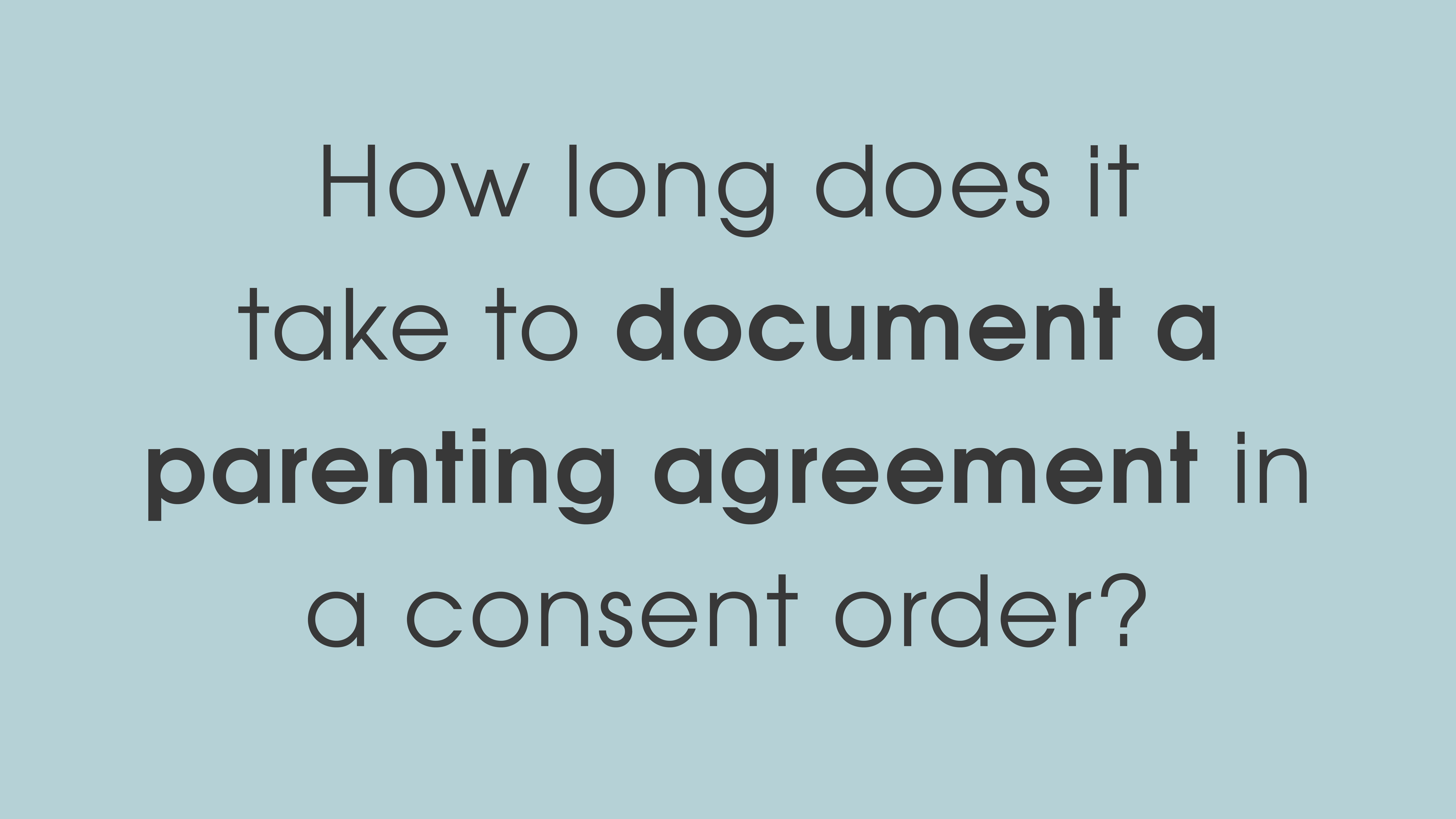Can You be a Surrogate in Australia?

Surrogacy laws vary across Australian states. In this post, we’ll look at surrogacy laws in Queensland, assessing the legalities surrounding the issue. We aim to provide you with the help and advice you need to make an informed decision, covering what surrogacy is, how the process works and whether you get maternity leave as a surrogate.
What is Surrogacy?
Surrogacy in Brisbane and Queensland is an arrangement between a birth mother and their partner (if applicable) and a person or couple who are the intended parents of a baby. In a surrogacy arrangement, the birth mother becomes pregnant with a child, giving the baby to the intended parents after the birth.
Is it Illegal to be a Surrogate Mother?
Surrogacy became legal in Queensland in 2010 through the Surrogacy Act. The law was changed to allow something known as ‘altruistic surrogacy’, which is where the birth mother does not receive any form of benefit or payment for acting as a surrogate. As part of altruistic surrogacy in Australia, you can pay or reimburse any reasonable surrogacy costs.
It is only illegal to enter into a commercial surrogacy arrangement. Commercial surrogacies involve a reward, payment or material benefit for agreeing to become a surrogate. If you’re unsure whether your agreement would constitute commercial surrogacy, then consult surrogacy lawyers in Brisbane or the surrounding area who can advise you of local laws.
As part of surrogacy laws in QLD, it is also illegal for you to advertise for someone to act as a birth mother and for someone to advertise that they are willing to act as a birth mother.
What is an Altruistic Surrogate?
Altruistic surrogacy in Australia is sometimes known as non-commercial surrogacy. Anyone can enter a non-commercial surrogacy arrangement, regardless of their relationship status.
For an altruistic surrogacy in Australia, intended parents:
- May be married, single or a de-facto couple (including same sex couples)
- Do not need to have a genetic connection to either the baby or the birth mother
- Can use any form of conception
- Must be at least 25 years old
- Must be a resident or residents of Queensland
How to Enter into a Surrogacy Arrangement
Arrangements for altruistic surrogacies in Australia can only be made before the birth mother becomes pregnant.
In addition, all parties in the arrangement (including the surrogate’s partner if applicable) must seek legal advice. If there are two intended parents, or you’re a surrogate with a partner, then both you and your spouse can receive legal advice at the same time. However, the birth mother and the intended parent(s) cannot share a lawyer.
The birth parents and the intended parents must also receive counselling from a qualified counsellor. Birth parents and intended parents can share a counsellor.
From here, you can agree terms on a surrogacy arrangement, which must be placed in writing and should cover who is responsible for legal expenses and other surrogacy costs.
How Surrogacy Works
During the pregnancy, the birth mother maintains control over the pregnancy, including the method of conception and the genetic material used.
Following the birth of the child, the birth must be registered immediately and the birth parent (and their partner if applicable) will appear on the child’s birth certificate. Both the birth parents and the intended parents must then get a surrogacy guidance report. This must come from a qualified and independent counsellor and cannot be the same person you spoke to before entering into the agreement.
Following this, the child must live with the intended parents for 28 days. After this, the intended parents can apply for a court order to transfer the parentage. This must be done before the child is six months old.
Once the court grants the parentage order, the birth parents no longer have a legal parental relationship with the child, meaning the intended parents have become the baby’s legal parents. For the parentage to be transferred, you must meet certain requirements.
Are Surrogacy Arrangements Legally Enforceable?
Surrogacy arrangements are not enforceable, meaning either the birth parents or the intended parents can change their mind at any time before the court makes a parentage order. However, a court may enforce the costs in some circumstances.
Do you still get Maternity Leave if you are a Surrogate?
In accordance with the Paid Parental Leave Guide and the Family Law Act (1975), a birth mother who relinquishes her child in surrogacy may be eligible to receive parental leave pay for up to 18 weeks from the date of birth for the purpose of maternal recovery. The partner of the birth mother may also receive Dad and Partner Pay for up to two weeks.
If you’re considering surrogacy in Brisbane or Queensland, we suggest you get legal advice from surrogacy lawyers before you make your decision. As well as helping you make an informed choice, surrogacy lawyers in Brisbane can also ensure that you follow the correct processes and surrogacy laws in QLD.





